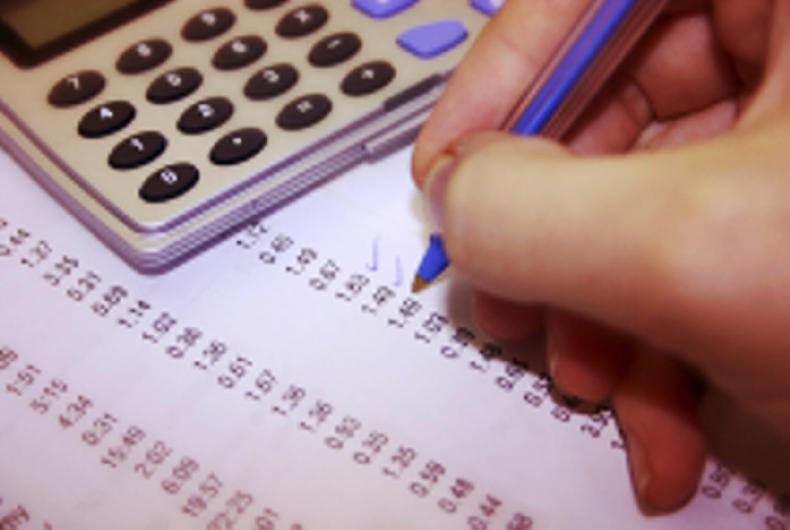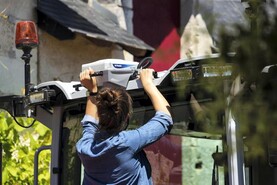Agri-taxation measures, from stock relief to VAT refunds, benefited farmers by just under €189m in 2016, according to the latest figures from Revenue. In total there are 14 tax expenditures directed specifically to the agricultural sector. While some are business reliefs for all sole traders, half of them are agri-specific.
These agri-specific tax measures were valued at €188.7m in 2016, mostly aimed at encouraging land mobility and the earlier transfer of family farms. This is down from the €287m figure in 2015. However, there were 1.3% less claims in 2016 than in 2015.
Table 1 shows the total number of claims under each measure and the total cost to the Exchequer in foregone revenue from 2012 to 2016. According to Revenue, the most costly tax expenditure directed at the agricultural sector are the capital allowances for machinery and plant for farms. This is due to the fact that there are nearly 69,500 claims under that measure, as the average claim was just over €5,000. The least costly measure is stock relief for registered farm partnerships with just 360 claims. The average claim was worth nearly €14,000 to the farmer.
While these measures have a cost to the Exchequer, a report published by Indecon shows that there is a benefit to the Irish economy: for every €1 the Exchequer loses on agri-taxation, there is a benefit to the economy of €1.16.
The Revenue figures were published as part of an update to the 2014 agri-taxation review. While most recommendations from the 2014 review have been implemented in subsequent budgets, there are two outstanding issues. The first is that the agri-taxation group should examine the tax system to see if there are unintended barriers to female farmers. The second is that the group should examine the feasibility of introducing a risk deposit scheme as an income volatility measure.
Read more
Farmers claim back almost €60m in VAT
Agri-taxation measures, from stock relief to VAT refunds, benefited farmers by just under €189m in 2016, according to the latest figures from Revenue. In total there are 14 tax expenditures directed specifically to the agricultural sector. While some are business reliefs for all sole traders, half of them are agri-specific.
These agri-specific tax measures were valued at €188.7m in 2016, mostly aimed at encouraging land mobility and the earlier transfer of family farms. This is down from the €287m figure in 2015. However, there were 1.3% less claims in 2016 than in 2015.
Table 1 shows the total number of claims under each measure and the total cost to the Exchequer in foregone revenue from 2012 to 2016. According to Revenue, the most costly tax expenditure directed at the agricultural sector are the capital allowances for machinery and plant for farms. This is due to the fact that there are nearly 69,500 claims under that measure, as the average claim was just over €5,000. The least costly measure is stock relief for registered farm partnerships with just 360 claims. The average claim was worth nearly €14,000 to the farmer.
While these measures have a cost to the Exchequer, a report published by Indecon shows that there is a benefit to the Irish economy: for every €1 the Exchequer loses on agri-taxation, there is a benefit to the economy of €1.16.
The Revenue figures were published as part of an update to the 2014 agri-taxation review. While most recommendations from the 2014 review have been implemented in subsequent budgets, there are two outstanding issues. The first is that the agri-taxation group should examine the tax system to see if there are unintended barriers to female farmers. The second is that the group should examine the feasibility of introducing a risk deposit scheme as an income volatility measure.
Read more
Farmers claim back almost €60m in VAT






 This is a subscriber-only article
This is a subscriber-only article










SHARING OPTIONS: